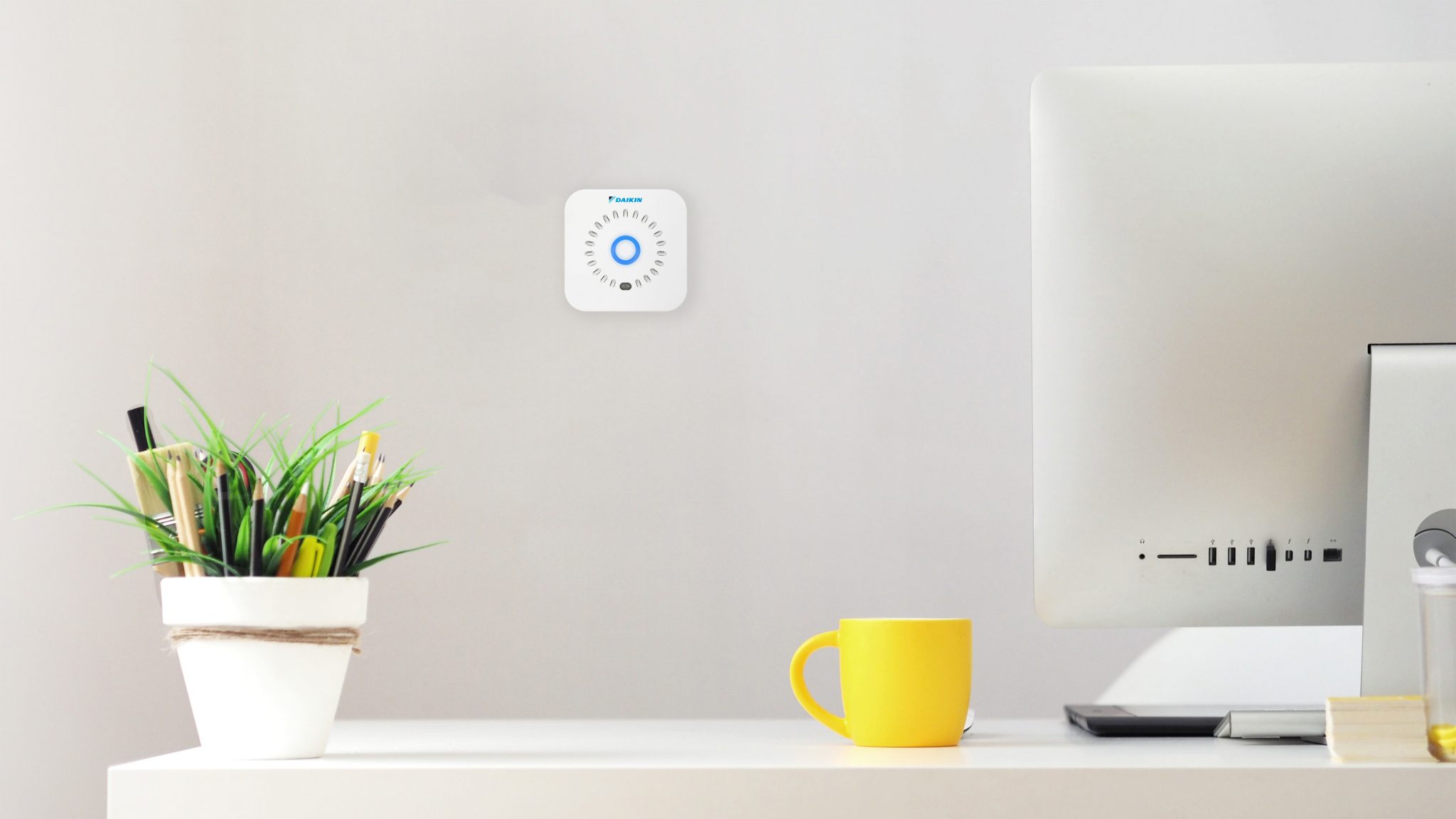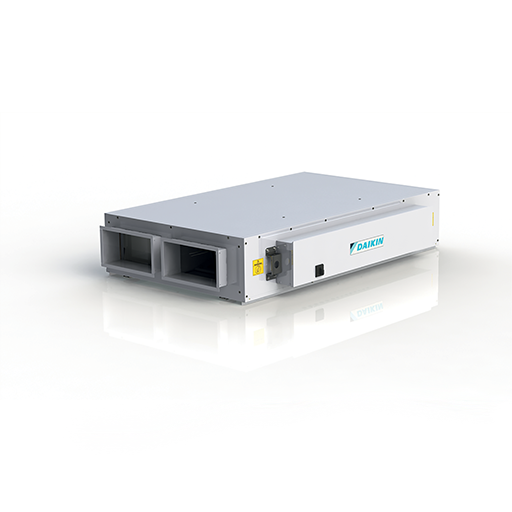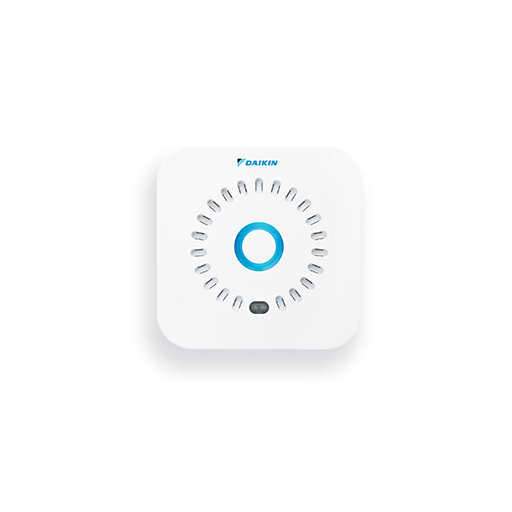Why Indoor Air Quality Matters
The expression Indoor Air Quality (IAQ) refers to the quality of the air in indoor environments, which affects building’s occupants during their everyday lives. When designing HVAC systems for residential buildings, schools, offices or light commercial buildings, many things must be considered. Meeting the cooling and heating demand of in the most efficient way is definitely important, but we should not overlook the aspects such us ventilation, air filtration and indoor air quality.
Did you know the indoor air we breathe, whether it is at home, at the office, or in a hotel rooms, could be much more polluted than outdoor air?
Remember
- 90% of our lives is spent indoors
- Indoor air quality can be 2 to 5x worse than outdoor air

Indoor Air Quality Components
- Ventilation: Ensures the provision of fresh and clean air
- Energy recovery: Delivers energy savings by transferring heat and moisture between airflows
- Air processing:Ensures clean and healthy air by filtering out pollen, dust and odors that are harmful to our health
- Humidification: Ensures the desired moisture level in the conditioned space

Ventilation
Ventilation systems ensure optimal climate conditions by providing a fresh, healthy and comfortable environment for buildings of all sizes and different applications.
In a completely closed room in a building, air cannot easily enter/leave the room, causing air pollutants to remain and accumulate in the room. This could impact the health of people in the room. Ventilation is essential for diluting and removing these air pollutants.
A well-maintained ventilation system and adequate air-exchange rate have been demonstrated to be an effective solution to protect people from contaminants, including viruses.



